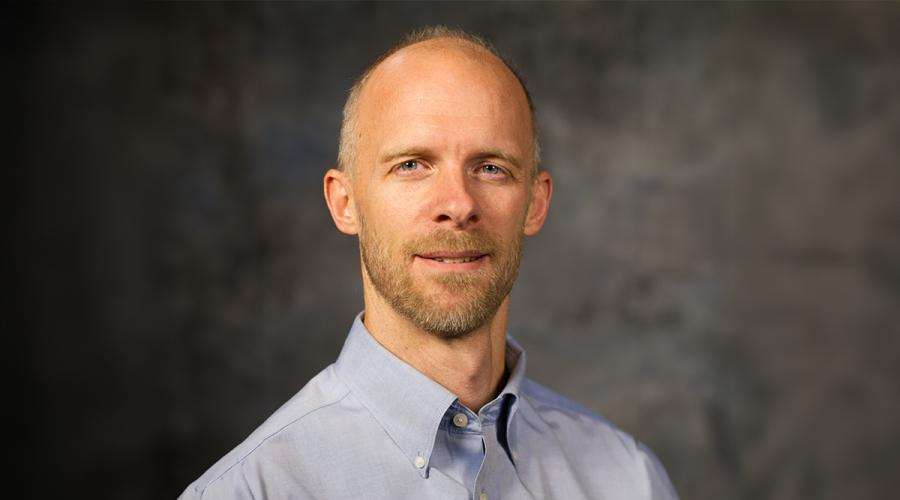
Forrest Briscoe Q&A
What is your research about?
One stream of my research explores how organizations change in response to wider social movements and contentious currents in society. For example, businesses have adopted lots of new employment policies and CSR/ESG practices in response to social movements taking place in the societies where they operate.
Of course, an organization’s decision to change is often complicated and can be hard to study, so we try to leverage new types of data and analysis to do this. We examine how the decision to adopt a new organizational practice can be influenced by pressure from activists and other stakeholders, by individual business leaders and their personal ideological values, and by structural factors that make firms more or less open to change.
Another stream of research looks at what happens when an organization changes itself (or doesn’t change) in response to such contentious movements. We have looked at reactions to this kind of organizational change by an organization’s employees, stakeholders, and competitors, and also how this can impact business performance.
Within this research, one newer focus area for me is organizational change related to data privacy and data ownership. As organizations have digitalized, they have started handling the sensitive personal data of their employees, customers, and other stakeholders. This is a complex emerging topic, with conflicting ethical and legal frameworks, and growing social movements arguing for different approaches.
Most of my research in these areas has used data on large American corporations. I’ve also studied other sectors, including law firms, health care, and higher ed.
I also have other research looking at changing patterns of employee careers, both in general and in specialized professional occupations like engineering, medicine, and law.
How did you become interested in your field?
People usually craft neat and tidy stories about this. I majored in the hard sciences in college, but I kind of fell into the social sciences because of my mentor at my first job after college. He was a social scientist, and we worked on a big project at MIT that was part of the International Motor Vehicle Program. We were looking at how the auto industry was transforming itself. I got interested in different aspects of this, including how the companies were changing their employment relationships, HR practices, and so on. I ended up applying to a Ph.D. at MIT Sloan with the ILR folks there, and have been in this field ever since.
I feel it was a good choice because I love studying change, and the last 20 years have been non-stop change in this field.
What impact do you hope your research will have?
Mostly, I would like my research to contribute to knowledge about how business and society interact and affect each other. I also think it’s critical for that knowledge to be translated and accessible outside of academia, and that can happen through teaching and practitioner engagement and industry and community collaborations.
But I think we need to be cautious in translating our research. On one hand, sometimes it feels like the world needs a lot of help and academics should rush to provide it. But the reality is that social science is complicated and sometimes contradictory, and even more alarmingly, there are a lot of instances where organizations implement changes that are meant to be informed by social science research – and they do not have the intended effect, and they even can have the opposite effect. So the lesson might be that we need to be careful about this.
What attracted you to the ILR School?
Early in my career, I learned about ILR’s scholarly reputation as one of the best places in the world to study organizations, work and employment. The faculty are not only tops in their fields, but it’s also a great mixture of disciplines and perspectives. I love that.
What are you most excited for about your time at ILR?
For better or worse, the world of work is changing at an accelerating pace these days. It’s overwhelming, and we need to understand it. I want to be part of that. I think ILR has the amazing people, the thoughtful values, and the resources needed to do it right.